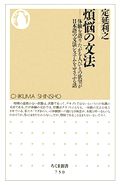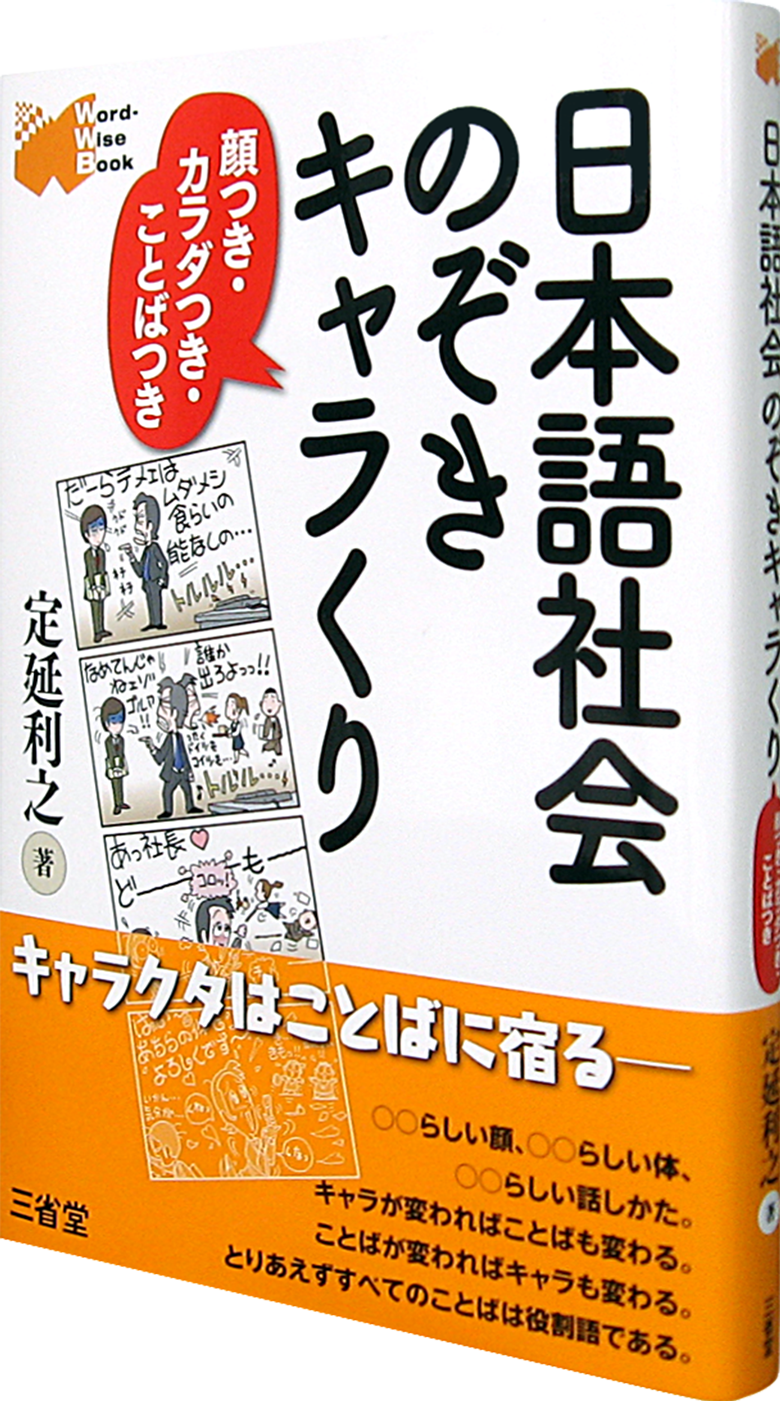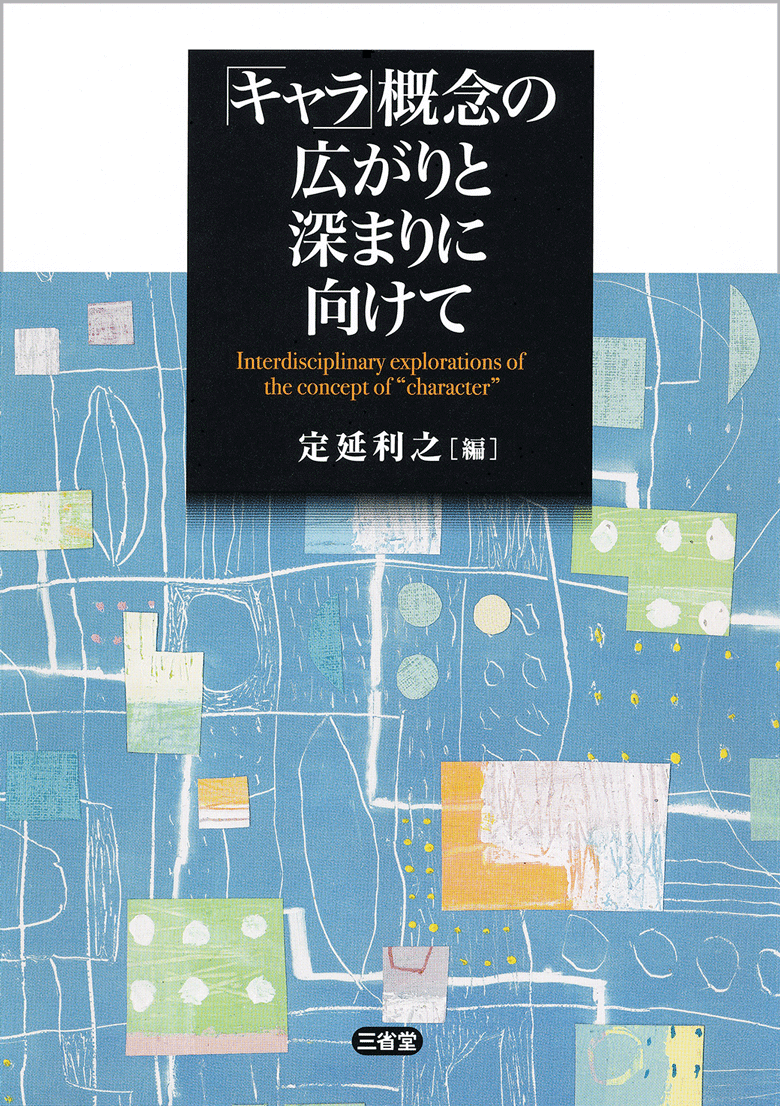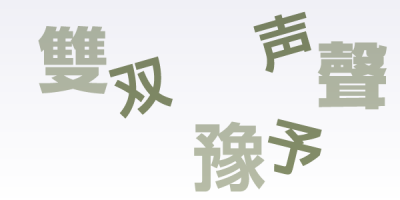We learned on the 22nd of this month that on the night of the 21st, officer X, a senior male officer of Osaka Prefectural Police Precinct XXX (age undisclosed), got very drunk and exposed his lower extremities on a train, leading to his arrest on public indecency charges. (…) According to municipal subway authorities, when the 10-car train arrived at XXX Station on the XXX Line, passengers debarking from the 6th car told station staff that there was a man “exposing himself” (Dashitoru no ga oru(1)) on the train. The staff removed the officer, unclothed as he was, from the car… (Nikkan Sports, August 23 (Sun.), 2009, p. 29).
This kind of news catches my eye. This was not the first time. The following is a story from the news that I made note of 20 years ago.
In December of last year, in Moriyama Ward, Nagoya, the proprietress of an antiques shop was robbed during the day of about 23,000 yen by a man with a knife. As a result of an investigation by the Moriyama branch of the Aichi Prefectural Police, Mr. X (age undisclosed), who was living nearby at the time, was arrested on suspicion of robbery. The crime occurred directly before X was to go on his honeymoon to Australia. He was in a state of panic as he didn’t have enough money to pay his travel agent.
Allegedly, Mr. X broke into the antiques shop owned by Mr. Y (age undisclosed) at about 13:05 on December 19, and threatened Mrs. Y (age undisclosed) with a fruit knife. He made strange threats, saying: “Please give me some money. If I don’t get some money I’ll have to kill myself” (Okane o choodai. Boku, okane nai to jisatsu shina ikande(2)), before taking 23,000 yen in cash and fleeing. (Mainichi Shimbun (Kansai Edition) February 2, 1989 (Thu.) Morning Edition, p. 23)
Why does this kind of news catch my eye? Obviously the strangeness of the crimes is compelling, but what gets my attention is the way these stories use direct quotations of regional dialects.
This news was undoubtedly covered on television as well as in the newspapers.
What kind of facial expression did the TV news announcers wear while reading “Dashitoru no ga oru”? Or “Okane o choodai. Boku, okane nai to jisatsu shina ikande”?
No, I think the television announcers probably copped out by using indirect quotations, such as “there was a report from a passenger…” and “the man asked for money, threatening to commit suicide.” So, why did the newspapers use direct quotes? We cannot posit that the newspapers used direct quotes because they add realism to the coverage and convey the strangeness of the crimes. If that were the case, the television news would probably have used direct quotes in their scripts too for exactly the same reasons. The announcer would have no choice but to read them out. It makes me curious as to how the announcers would have reacted as they read these lines.
*
John Coltrane, or someone, once said something to the effect that: “All people pray to God in their own language. God understands them all.” I am sure this is true. But, our “God” must only speak in the common language.
God could say, in a majestic voice, “Iku ga yoi” (you may go), but if God used Osaka dialect, “Ittara ee” (you may go, in Osaka dialect) we would begin to doubt whether or not this really was “God” speaking to us. Or, if God hurriedly added the English word “Go!” to the command for the benefit of any expats returning from overseas, it really wouldn’t sound like “God” at all. Characters of high “status” can use only standard Japanese.
Unlike the writer of the newspaper article, whom we cannot see, we can easily imagine the personal representation, i.e. the character, of the announcer whose voice and body are presented to us. So, while the announcer character, who tells us things we don’t know in a calm, dispassionate voice, is hardly on a par with “God,” this character’s status is fairly high.
* * *









(1) This seems to be a dialectal version of the phrase Dashite iru hito ga iru.
(2) Again, shina ikande appears to be regional dialect of the expression shinakereba naranai(have to do).